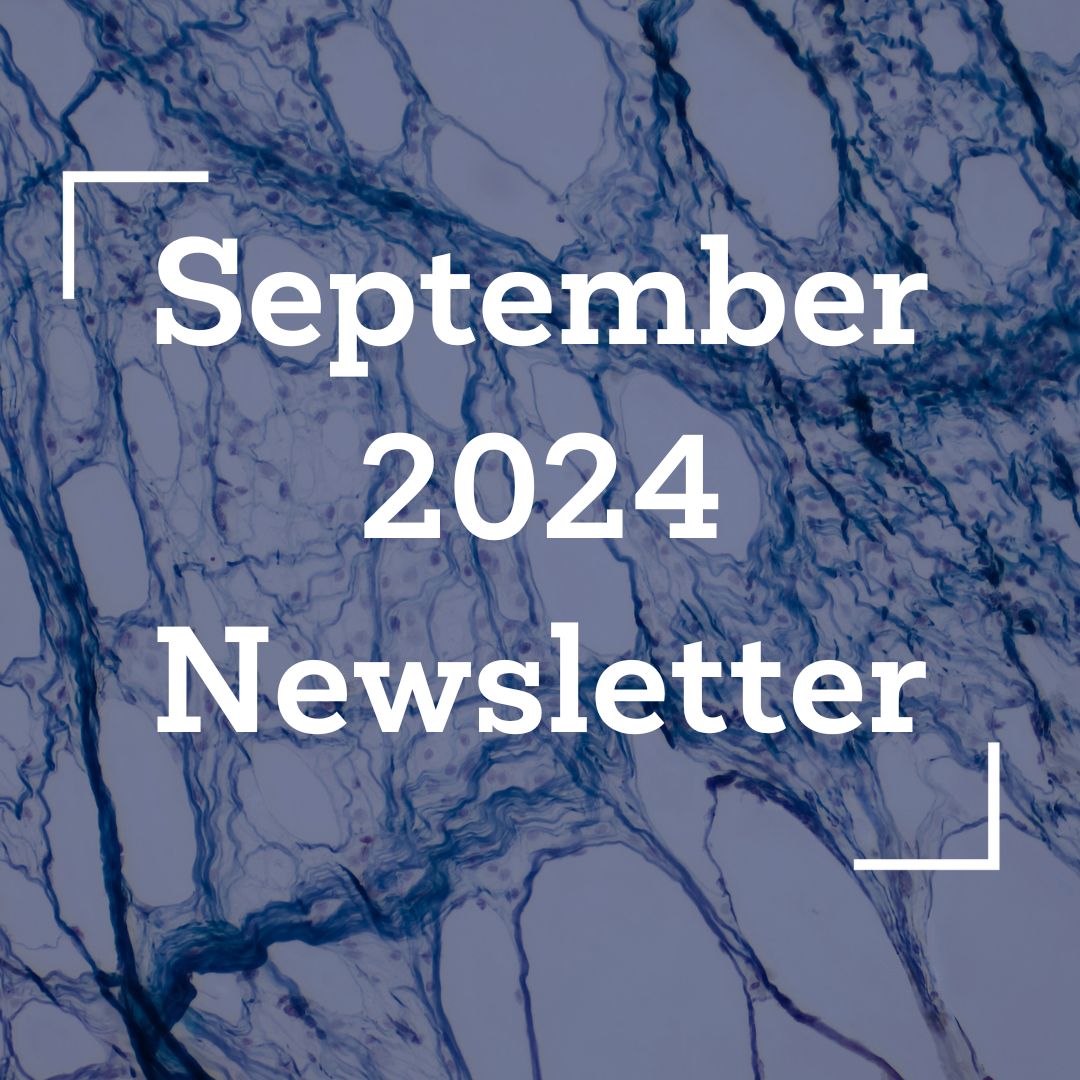Denali Therapeutics shared top-line results from their DNL343 trial (Regimen G) in the Healey ALS Platform Trial at the Target ALS 2025 Annual Meeting, which took place in Boston in early May. DNL343 was designed to target the integrated stress response, a cellular pathway that normally helps cells adapt to diverse stressors like toxic proteins or viruses, and is believed to be overactive in ALS.
| ALS 101: Biomarkers are measurable indicators of what’s happening inside the body. They can show if a disease is present, how it’s progressing, or how well a treatment is working. In ALS, for example, scientists are looking for proteins in the blood or spinal fluid to act as biomarkers. |
The hope was that DNL343, by reactivating a protein called eIF2B, could reduce stress granules, normalize protein function, and slow neurodegeneration. Initial studies showed encouraging signs; DNL343 reached the brain and spinal fluid, inhibited the ISR in patient cells, and reduced a key blood biomarker in early testing. These findings laid the groundwork for a large-scale efficacy trial. Unfortunately, this trial did not meet its intended endpoints. While the drug was generally well tolerated, with only a few serious treatment-related events, it did not slow the course of ALS.
See the full announcement here.
“Most of you probably know the primary and secondary endpoints were not met in this trial. This was very disappointing for everyone in the ALS research community, but particularly for those people and their families living with ALS. I want to thank the organizers for giving me the opportunity to share these results, with the hope that we can leverage the learnings from this study to further advance therapies for ALS in the future.” – Danna Jennings, VP Late Clinical Development, Denali Therapeutics
Despite these disappointing results, Denali and the ALS research community are committed to moving forward. This trial was conducted rigorously, and the insights gained will be critical for refining future research strategies, especially in understanding how best to target the ISR pathway and why certain therapies may not translate from early promise to clinical benefit. Denali’s openness to present negative results is a testament to their conscientious approach towards research.
💡 Key Takeaway:
This was a tough outcome, but one that reinforces why Target ALS and the research community invest so heavily in the early stages of drug development. Every trial adds to our understanding so that future therapies entering clinical testing have a greater chance of success.



